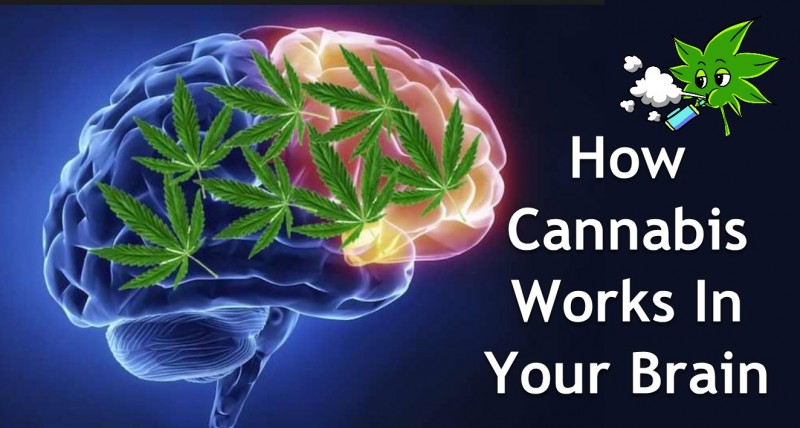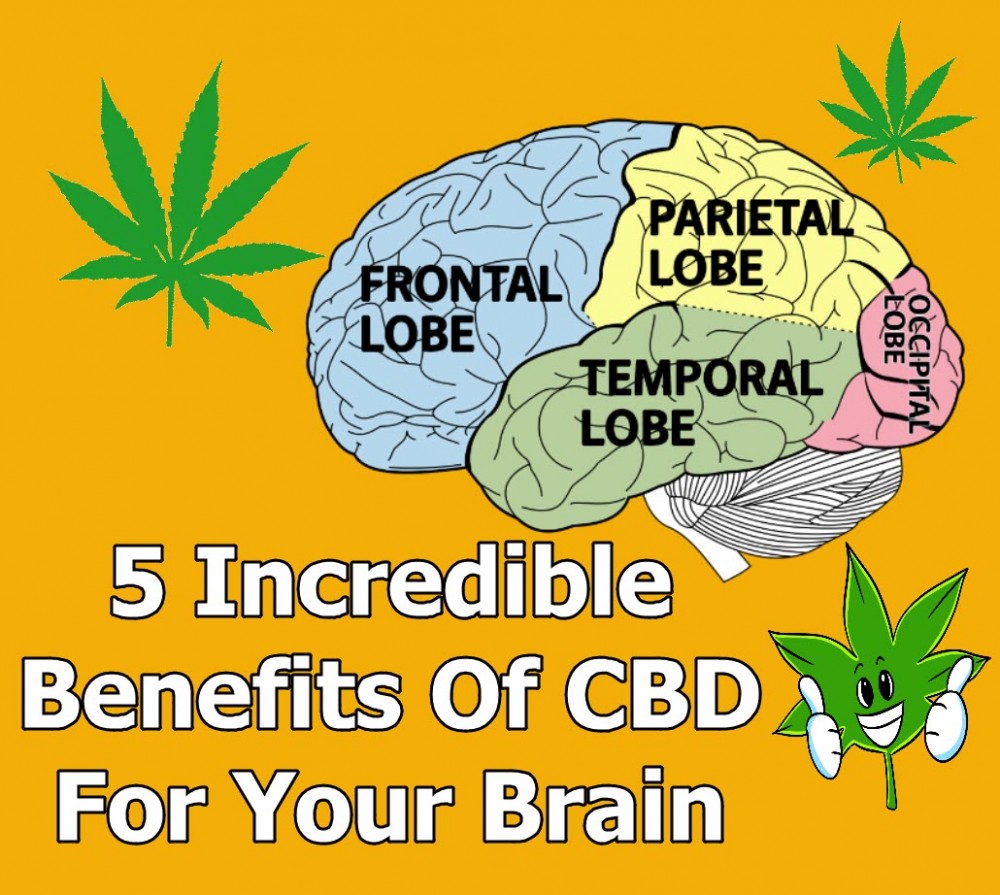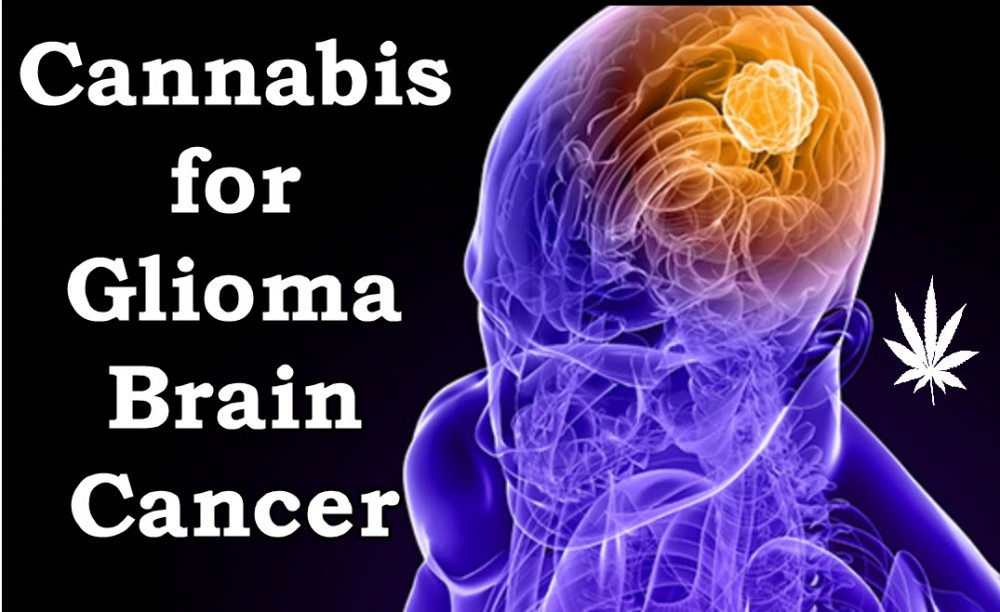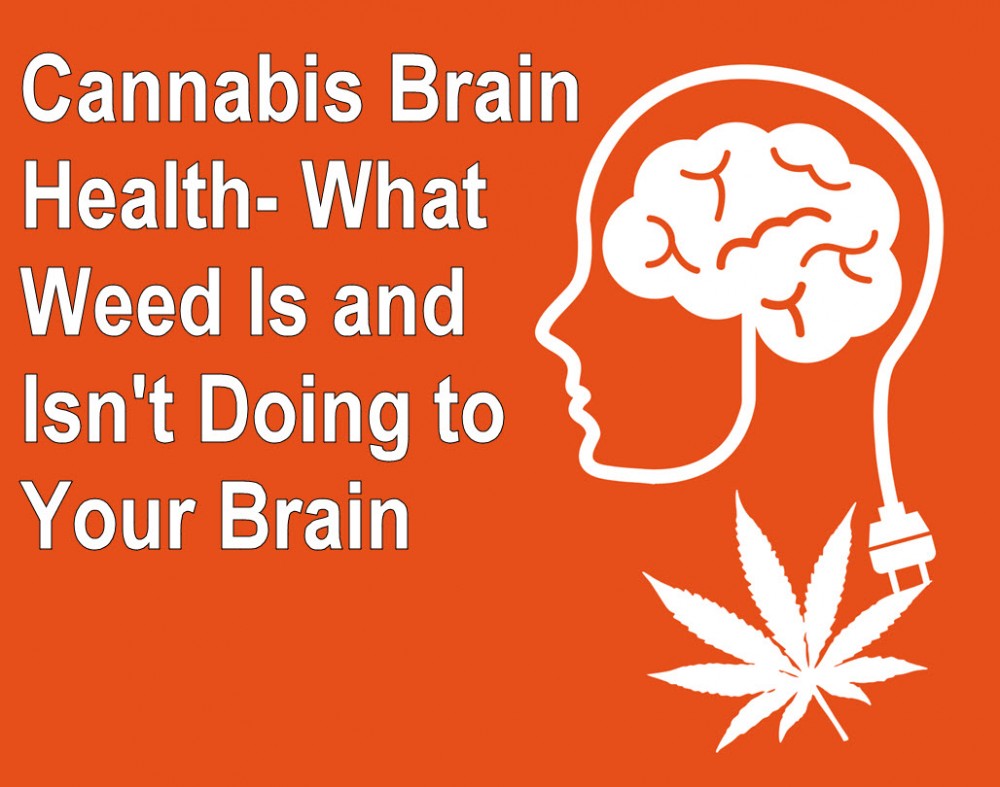How Cannabis Works In Your Brain
How Does Marijuana Effect the Brain? from CannabisNet on Vimeo.
Humans have been using substances to alter our state of mind for centuries now. Our ancestors used different kinds of hallucinogenic plants, and today we have a plethora of ways to get high. Even the coffee and alcohol we consume gives us a sort of high, because they alter the chemical processes in the brain.
Then there’s cannabis.
But how exactly does it work in the brain? Why does it make us feel so good while helping us treat a myriad of conditions including those affecting our mind?
To understand how cannabis works in the brain, first it’s important to learn about how the brain works. The brain has neurons, cells which transmit information in the brain by releasing neurotransmitters, which change the electrical charge of receiving neurons either by inhibiting or exciting it. When the neurons are excited, signals go through. All these signals work in conjunction with one another and its effects are compounded into various configurations just within milliseconds. This is basically how your brain works every time you breathe, think, or even move.
What Happens When You Smoke Pot?
Alcohol contains several molecules which are completely foreign to the body. But on the other hand, cannabis contains many molecules called cannabinoids, that are similar to those we produce in our body (called endocannabinoids): anandamide and 2-AG. All these chemicals and their receptors (CB1 and CB2) make up our endocananbinoid system.
The endocannabinoid system is present in many parts of the brain, which is why cannabis greatly affects so many cognitive functions. The endocannabinoid system helps regulate many important functions in the body especially in the mind; some of the physiological processes that it helps regulate include memory, mood, pain perception, and appetite. When we smoke pot, the main psychoactive cannabinoid in the plant called tetrahydrocannabinol (THC) binds to receptors in the brain rapidly, and its psychoactive properties influence how the neurotransmitters send and receive messages.
But while THC is similar to our own endocannabinoids, THC doesn’t fit as well into our receptors unlike our own cannabinoids, which may explain why we feel mentally intense whenever we smoke pot that’s high in THC. We also have cannabinoid receptors throughout the central nervous system, which explains why we feel relaxed, stoned, or giggly when we’ve toked.
On the other hand, when you consume cannabis that’s rich in cannabidiol (CBD), the other main compound in the plant, it reacts in the brain differently. Unlike THC, CBD doesn’t get you high. But once in the body, it influences the CB1 and CB2 receptors indirectly while increasing our own endocannabinoid levels by inhibiting the production of enzymes which break them down. Additionally, CBD also activates other non-cannabinoid receptors in the brain; it interacts with receptors that are usually sensitive to other kinds of drugs as well as neurotransmitters. This is why many people use CBD to alleviate pain, because it acts on the opioid receptors in the brain which are responsible for regulating pain. In fact, the opioid receptors are the main targets of the pain killers produced by Big Pharma.
CBD also interacts with the dopamine receptors in the brain, which are necessary for regulating cognitive and behavioral function including reward-seeking behavior and motivation. For this reason, scientists have started exploring the benefits of CBD for alleviating withdrawal symptoms and drug cravings for the treatment of addiction to a variety of drugs, including opioids and illegal drugs. The results we have so far are promising. The therapeutic potential of CBD in treating addiction also has to do with our serotonin system, since studies have shown so far that CBD activates several serotonin receptors in the brain, and these interactions help inhibit our drug cravings. Furthermore, the ability of CBD to influence our serotonin system is also the reason why it’s so effective in treating anxiety.
And that’s an introduction to how cannabis and its primary cannabinoids work in the brain. From there, the therapeutic benefits of cannabis are limitless; this is why cannabis is so beneficial for so many processes and ailments. There are many complicated chemical relationships that go on in the brain, and we’ve barely scratched the surface to understanding it. Both THC and CBD do hold a lot of exciting potential but there’s still so much to learn.
How Does Marijuana Effect the Brain? from CannabisNet on Vimeo.
OTHER STORIES YOU MAY ENJOY...
CBD ON THE BRAIN, ITS GREAT, READ THIS, CLICK HERE.
OR..
CANNABIS FOR GLIOMA BRAIN CANCER, CLICK HERE.









